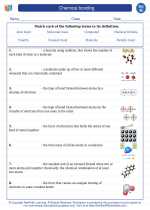Aggression
Aggression is a complex behavior that can be defined as any form of behavior that is intended to cause harm to another person or object. It can be physical, verbal, or relational in nature. Aggression can be influenced by a variety of factors, including genetic, biological, environmental, and psychological factors.
Causes of Aggression
- Biological Factors: Some studies suggest that aggression may have a genetic component, and that certain neurotransmitters and hormones in the brain can influence aggressive behavior.
- Environmental Factors: Factors such as exposure to violence, abuse, and stressful life events can contribute to the development of aggressive tendencies.
- Psychological Factors: Personality traits, cognitive processes, and emotional regulation can also play a role in the expression of aggression.
- Social and Cultural Factors: Cultural norms, social learning, and peer influences can impact the likelihood of engaging in aggressive behavior.
Types of Aggression
There are several different types of aggression, including:
- Physical Aggression: This involves using physical force to cause harm to others, such as hitting, pushing, or kicking.
- Verbal Aggression: This type of aggression involves using words to harm others, such as name-calling, threats, or insults.
- Relational Aggression: This form of aggression involves damaging someone's relationships or social status, such as spreading rumors or excluding others from social groups.
Effects of Aggression
Aggressive behavior can have a range of negative effects on both the individual who exhibits the behavior and the target of the aggression. These effects can include physical injury, emotional trauma, social ostracism, and legal consequences.
Managing Aggression
There are various strategies for managing and reducing aggressive behavior, including therapy, anger management techniques, conflict resolution skills, and creating a supportive and non-violent environment.
Study Guide
Here are some key points to focus on when studying the topic of aggression:
- Understand the different causes and contributing factors to aggressive behavior.
- Be able to identify and differentiate between the various types of aggression.
- Examine the potential effects of aggression on individuals and society.
- Explore strategies for managing and reducing aggressive behavior.
- Consider real-life examples and case studies to apply the concepts learned.
By understanding the complexities of aggression and its impact, individuals can work towards creating a more peaceful and harmonious society.
.◂Science Worksheets and Study Guides Eighth Grade. Chemical bonding
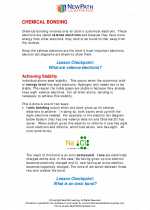
 Worksheet/Answer key
Worksheet/Answer key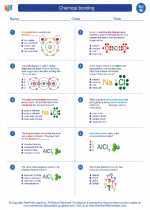
 Worksheet/Answer key
Worksheet/Answer key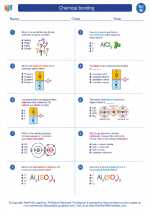
 Worksheet/Answer key
Worksheet/Answer key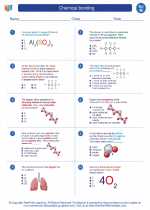
 Vocabulary/Answer key
Vocabulary/Answer key